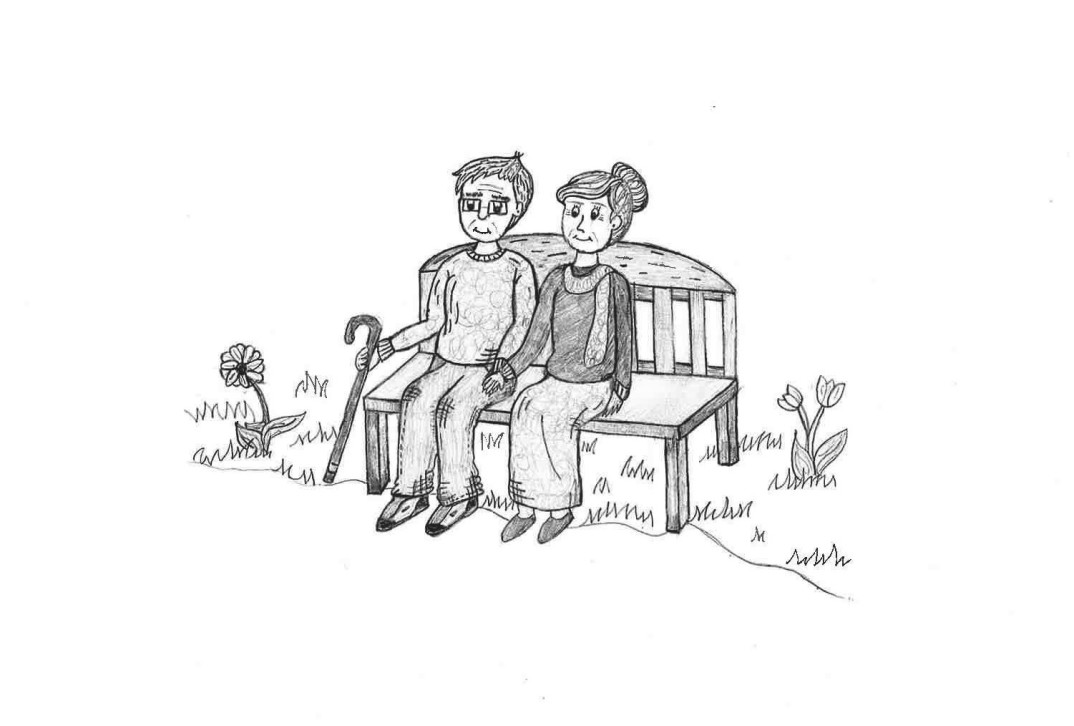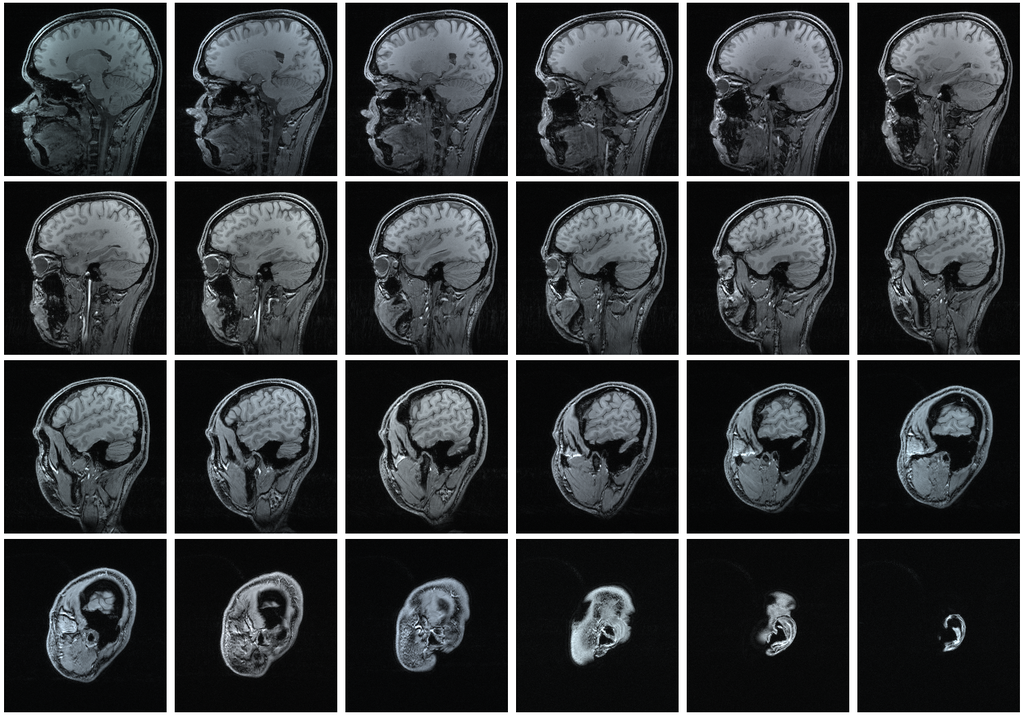The struggle to decide whether to sleep or study is real for college students across the country. Many students opt to study instead of sleep, which sometimes requires the help of energy supplementation. This supplementation can come in many forms; the most common are pills or caffeinated drinks.
Learning How to Die: Lessons from Oliver Sacks
During my first year at DePauw, I was assigned a reading from a book called A Man Who Mistook his Wife for a Hat. My interest was so piqued by the assigned snippet that I couldn’t help but read the entire book. I was captivated by the accessible and insightful way the author, Oliver Sacks, relayed unique patient case studies that he had encountered in his career as a neurologist. Sadly, Oliver Sacks, who touched many people through both his medical practice and his writing and who made many lasting impacts in his field, passed away last Sunday, August 30, of terminal liver cancer. Continue reading “Learning How to Die: Lessons from Oliver Sacks”
Dissecting the Deathstagram
For many, the feeling of morbid curiosity is a common yet unsettling one. It is difficult to be sure where this feeling comes from, but its presence when viewing death is strangely magnetic. It would be easy to feel that this morbid curiosity is immoral, some sort of perverse feeling not shared by the rest of the population. According to The Atlantic’s Leah Sottile, however, perhaps it is more common than expected. In documenting celebrity death sites like FindADeath.com, Sottile’s piece makes clear that this curiosity is not only widespread, but also potent enough to form entire communities where morbid curiosity is at center stage. When observing how it manifests regarding these celebrities, it is clear that such morbid curiosity is hardly uncommon.
The Over-Treatment Paradox
When it comes to medical care, it would make sense to do as the doctors do. As the foremost experts in their fields, doctors’ choices for their own healthcare may be a good indication of ideal treatment options. However, when it comes to terminal illnesses, for an increasing number of physicians, the answer is nothing at all.
How Suicide Became a Treatment
Few topics are as controversial, and as silenced in public discourse, as that of suicide. Pushed out of the public eye, suicide is often considered an embarrassing and taboo affair in the United States. It is even more unthinkable for many to recommend, or even assist in, such an act.
Optimizing the IRB
For the average person, the notion of medical research may conjure dramatic images of lab-coated scientists handing test tubes and analyzing data. What hardly ever comes up, though, is a process some researchers dread: approval by an institutional review board (IRB). Notoriously lengthy and sometimes difficult to navigate, the process is an oft-unseen yet critical piece of conducting research. And, as CNN contributor Robert Klitzman argues, the demands it places in its current form may have become more of a burden on research than anything.






